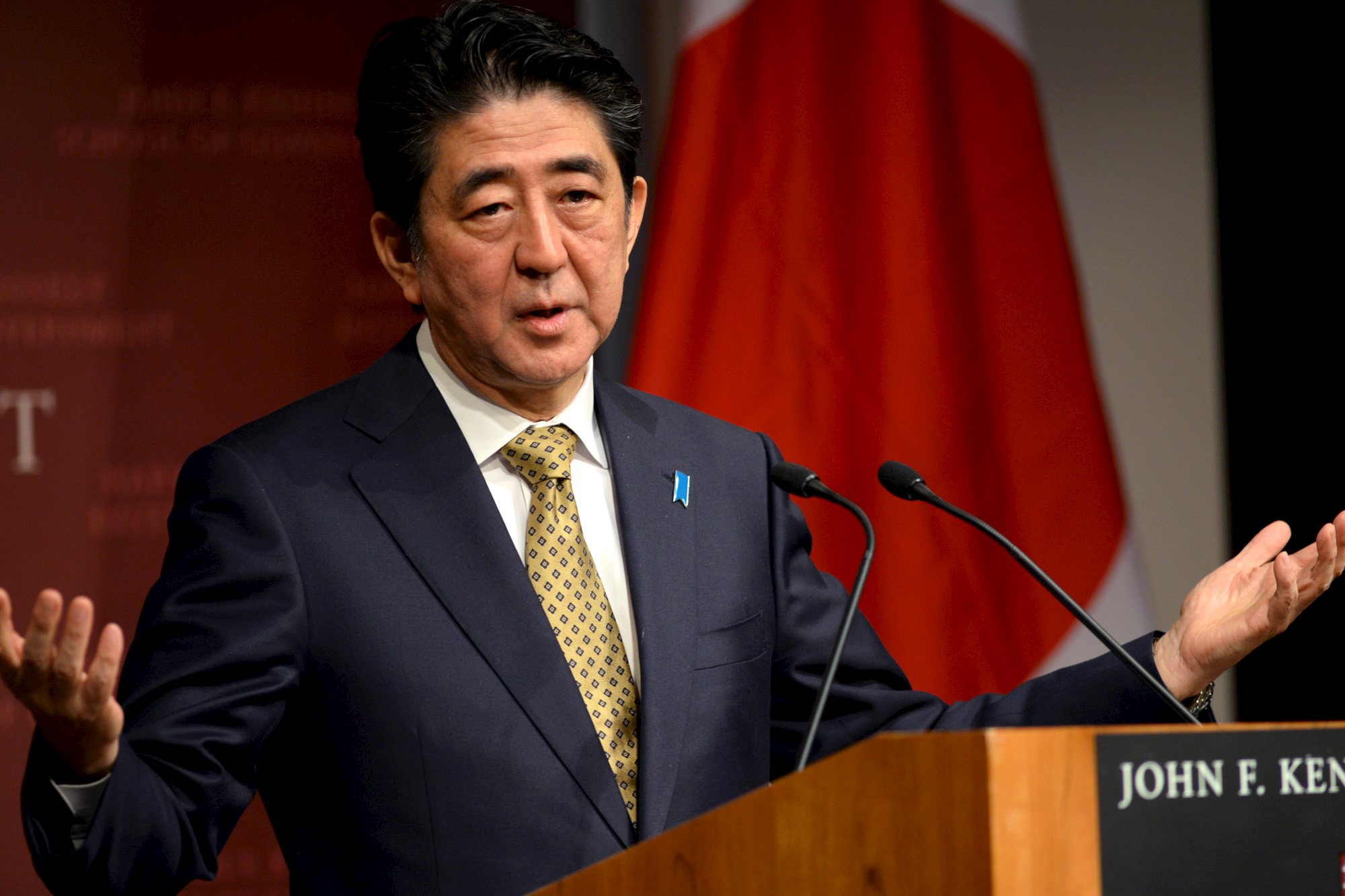Facing an audience Monday at Harvard University in Boston, Prime Minister Shinzo Abe tried to dodge the politically explosive issue of wartime "comfort women" by reaffirming his earlier stance upholding a key 1993 government apology for their ordeal.
"Comfort women" is the euphemism Japan used to refer to females who were forced to work at Japanese wartime military brothels in the 1930s and 1940s.
During a question and answer session after Abe's speech on the Japanese economy, a Harvard sophomore asked him if he denies that the Japanese government and military were directly involved in forcing "hundreds of thousands of women" into "sexual slavery."
















With your current subscription plan you can comment on stories. However, before writing your first comment, please create a display name in the Profile section of your subscriber account page.